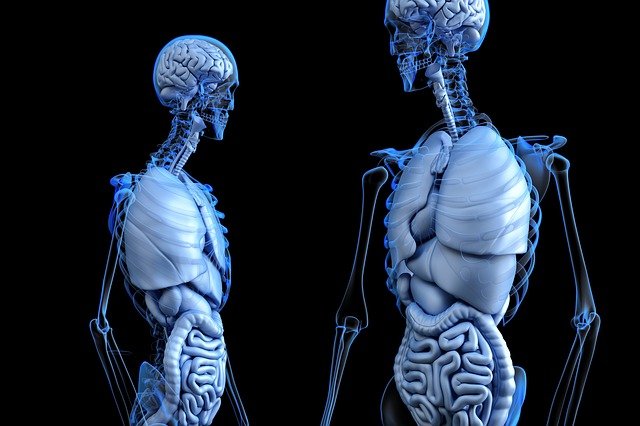June 29, 2022 – Addicted to cookies? Can’t stand broccoli? You may be able to blame Mom and Dad.
That’s because our taste preferences are influenced by our genes. And this may play an important role in determining our food choices and, in turn, our health, according to early study findings presented at this year’s annual meeting of the American Society for Nutrition.
“Our genetic predispositions to perceive certain tastes might be one of many reasons why some of us struggle to make healthy food choices,” says the study’s lead researcher, Julie Gervis, a doctoral degree candidate at the Tufts Jean Mayer USDA Human Nutrition Research Center on Aging.
As the field of personalized nutrition – a branch of science that uses technology to help people figure out what to eat for good health – advances, the findings could bring us closer to more effective personalized nutrition advice, better diets, and less risk for things like obesity, type 2 diabetes, and heart disease.
What’s Your ‘Polygenic Taste Score’?
We know genes influence our taste, but little is known about how taste-related genes impact diet quality and health. To investigate this, the researchers used data from “genome-wide association studies,” which scientists use to find gene variations associated with a trait, to create something called a polygenic taste score.
Your polygenic taste score shows how your genes impact your unique perception of taste – be it bitter, salty, sweet, sour, or savory (umami). If you have a high score for, say, sweet, that means you may be more sensitive to sweetness than someone with a moderate or low sweet score.
In the study sample of more than 6,000 adults, those with a high “bitter” score tended to eat fewer whole grains (two fewer servings a week), while those scoring high for savory ate fewer vegetables, especially orange and red types like carrots and bell peppers. That matters because whole grains have been shown to reduce heart disease risk, while a higher veggie intake is linked to lower risk of type 2 diabetes.
Meanwhile, genes related to sweet seemed key for health related to your heart and metabolism, as a higher sweet score was linked with lower triglycerides, a type of fat found in the blood.
From Lab to Shopping List
While we have a long way to go before dietitians and consumers can use polygenic taste scores, the tool could one day help us use – or minimize – the influence our genes has on our food choices, Gervis says. That may help us improve personalized nutrition advice aimed at reducing disease risk.
But first, other research needs to repeat the findings, Gervis says. And more large-scale, genome-wide studies on taste perception should be done.
“I hope these preliminary data convey the potential benefit of incorporating taste-related genes, and taste perception, into personalized nutrition,” she says. “After all, while we don’t always choose what foods are good for us, we do always choose what foods taste good to us.”

